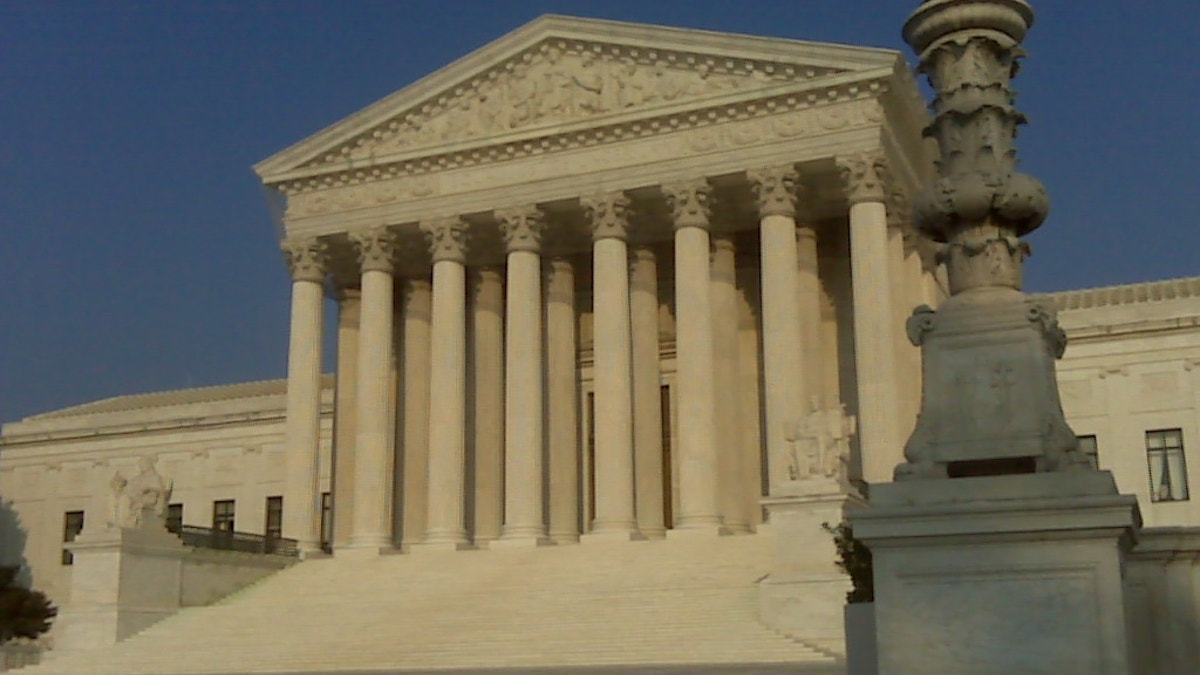
Fox Photo / Lee Ross (Reuters)
Can government unions override the First Amendment? Should public employees be forced to fund speech and activities they do not support? On January 11th, the Supreme Court will hear oral arguments in Friedrichs vs. California Teachers Association, a case that seeks a definitive answer to these questions.
The lead plaintiff, Rebecca Friedrichs, is a teacher in Orange County, California. As a former union officer, Friedrichs fought to protect her coworkers’ jobs. When budgets were tight, instead of doing battle with the administration she had to fight her union.
Friedrichs led an effort to save several new teachers’ jobs by banding together with her fellow educators and agreeing to take a pay cut. However, her union squashed the idea and allowed the teachers to be laid off. The union sacrificed the jobs of their members and potentially smaller class sizes in favor of protecting their entrenched seniority system.
Friedrichs and her fellow plaintiffs argue that all government union bargaining is inherently political. Every taxpayer dollar the union wins at the bargaining table is a dollar taken away from somewhere else. Every work rule affects public institutions and is by default public policy. Therefore by giving any support to a government union, public employees are funding politics.
Unfortunately for public employees like Friedrichs who disagree with these priorities and do not have the protection of a right-to-work law, ceasing to support their union financially isn’t an option. Even if these employees opt-out of their union they must pay the vast majority of their dues in what is called “agency fees.” For Friedrichs, this is about 70 percent.
To add insult to injury, Friedrichs and employees like her that wish to opt out of their union may need to renew that objection every year. You only need to cancel your cell phone or cable contract once; why should a different standard apply to employees’ paychecks?
The legal precedent at work here is a 1977 Supreme Court case, Abood v. Detroit Board of Education, which gives public sector union members the right to opt-out of paying the portion of their dues that fund explicitly political speech, but requires them to pay for the portion that covers representation. The court’s logic at the time was that, if employees were given the choice of whether or not to pay dues to their union, very few would do so — thus harming the union’s ability to collectively bargain.
With the benefit of hindsight, we know that these fears were overblown. As of 2015, employees in 25 right-to-work states can exercise the right that Friedrichs seeks, to completely opt out of paying dues or fees to a union they don’t support. Research from the Mackinac Center shows that only about one in five unionized employees in these states exercise this right.
If the Supreme Court rules in favor of Friedrichs, all government employees can still remain in their union and the union can still bargain collectively. The decision will only affect public employees in about half the states, giving those workers the same rights as workers in the other half. The only thing that will change is that a government union can no longer get a public employee fired for not paying them.
In another important union-related case in 2014, Harris v. Quinn, the Supreme Court ruled that it’s a “bedrock principle” that “no person in this country may be compelled to subsidize speech by a third party that he or she does not wish to support.”
This year the court may take this principle to its logical conclusion. The result could be only a minor change in collective bargaining and for the nation’s unions, but for Rebecca Friedrichs and others who do not want to support politics they disagree with, it would be monumental in protecting the values they hold dear.
